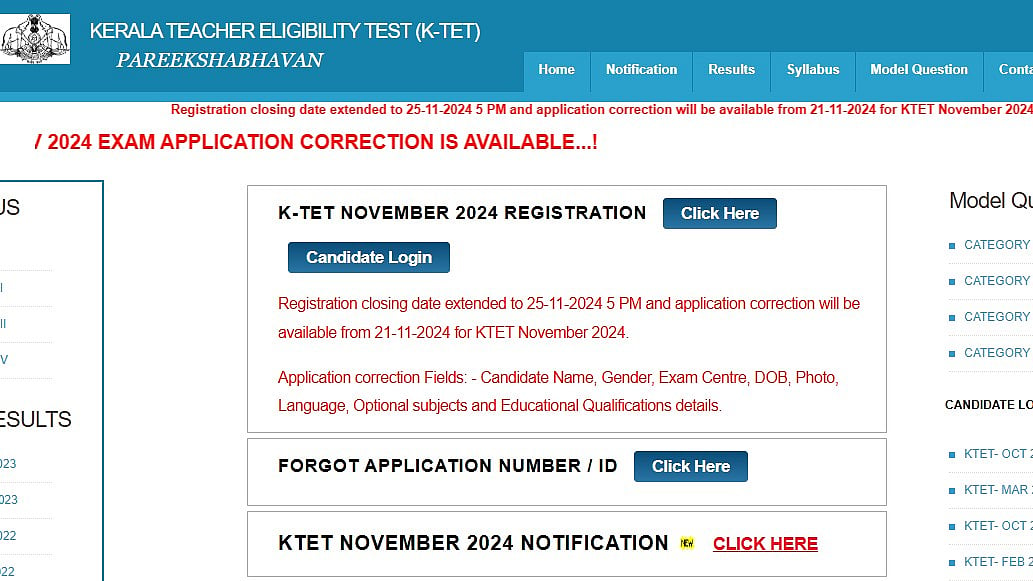Recently my dear friend Wendell Rodricks passed away suddenly, and I was totally shocked. I was also very upset with myself that I never managed to record his interview for the Project Bolo Vol II series, which I have been planning for the past 9 years.
I now feel dismayed that there is no detailed interview that chronicles Wendell’s life as a gay man, his life with his husband Jerome, and his contribution to the LGBT community. It is really important to document life histories of the community so that we remember on whose shoulders we stand.
In 2011, I travelled across India to document lives of 20 gay, lesbian and transgender persons who have lived their lives fearlessly and contributed in their own might to the community’s visibility in the mainstream. This was part of Project Bolo – the first ever Indian LGBT Oral History Project and all the 20 interviews are available to view on YouTube.

The project was by funded by UNDP and produced by The Humsafar Trust alongwith Solaris Pictures. There are interviews of stalwarts of the community like Ashok Row Kavi, (late) Shivananda Khan, (late) Betu Singh, Saleem Kidwai, Ruth Vanita, Hoshang Merchant, Laxmi Narayan Tripathi, Prince Manvendra Singh, R.Raj Rao, Sunil Gupta, Bindumadhav Khire and others.
These videos are living testimonies of the life they have led under challenging circumstances, when homosexuality was still underground and criminalised. And how they fought against stigma and discrimination to rise up and contribute through their writings, photography, art and activism.

These videos are now being used in research projects and also DVDs of the same are in several international archives. The fact that two of them have since passed away, underlines the urgency for documenting history of living people right away.
There have been several attempts to start archiving projects in India and there are several repositories of LGBTQ archives, notable among them are the Orinam and Varta archives as well as the Pad.ma archive of video footage.

But we need more done on an urgent basis. We need museums and foundations like the GLBT History Museum in San Francisco, Canadian Lesbian and Gay Archives in Toronto etc. We need to preserve the lives, work and legacy of those who came before us.
Most of today’s generation seems to take their rights for granted. They do not seem to understand that the freedom they enjoy now has come from years of struggle by hundreds of LGBT persons across India — some of them remembered, many forgotten.
The millennials seem to live too much in the present with little respect for history. They want to consume everything instantly on their cellphones and not delve deeper to unearth layers of amazing materials related to our shared experiences.
Today’s generation is also quick to jump to opinions and conclusions branding someone as a right wing bhakt or a left wing libtard and even erasing their amazing contribution to the LGBT movement over the years.
While you might differ with their political ideologies, you cannot systematically erase the hard work they have done in bringing about visibility to our community and mainstreaming our issues. Not only is it important to preserve history, but also preserve memories of the days gone by.
I still remember when the youth group Yaariyan organized the Gulabi Yatra a few years ago — where they took a bunch of youngsters across Mumbai in a bus to places where earlier the gay men cruised, the parks where they gathered together to do HIV intervention work, or the bar where they used to hang out in earlier days, etc.
It was an eye opener for the young ones who find it so much easier now to meet people through dating apps and gay and lesbian parties. This tour reminded me of the gay tour I was taken on in Stockholm, where they pointed out areas where the first protest march took place, or homes of famous LGBT persons, a visit to the LGBT museum, the archives, etc. That tour is still etched in my memory.
I hope we will be able to start such tours in Mumbai, in other cities, where we can all together journey to the past. We need to create archives that preserve the rich heritage of Indian LGBT culture, including same-sex paintings, sculptures, literature from eras gone by, and also preserving the recent past struggles and triumphs. History needs to be written, not re-written.
While my wish to visit and document Wendell Rodricks will remain unfulfilled, I hope that we can preserve Wendell’s memories and legacy, and hope younger generations take it upon themselves to spend some time in preserving history and remember on whose shoulders we stand.





